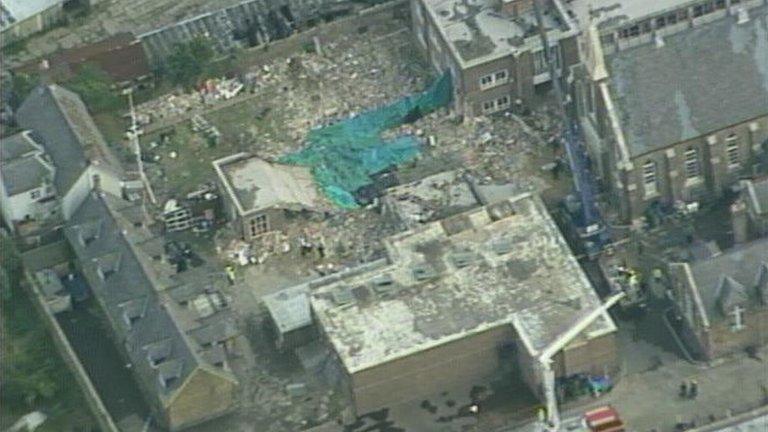Deal bombing anniversary: Keeping twin brother's memory alive
- Published
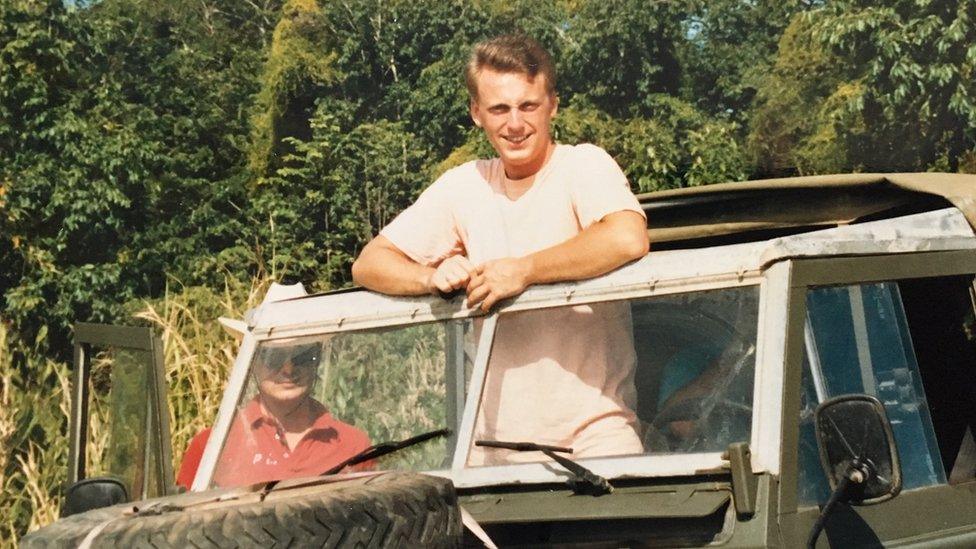
Richard Fice became more confident after joining the Royal Marines, his brother says
When Stephen Fice looks in the mirror he often thinks of his brother, but this Sunday is especially difficult.
His identical twin brother Richard was killed 30 years ago when the IRA bombed the Royal Marines barracks in Deal, Kent.
Cornet player Richard, from Cardiff, was one of 11 bandsmen who died following the explosion which happened on 22 September 1989. Another 21 were injured.
Richard and Stephen were mirror twins - the opposites of each other - one left handed, one right handed.
"There was a particular closeness between us," Stephen says. "We went through school together, we generally were always together."
However, they went their separate ways when Richard joined the Marines as a teenager on the day Stephen started work in the civil service in Cardiff.
"When he first left home I found it quite difficult to adjust, not having him around all the time," says Stephen, who saw his brother start to change.
"After Richard joined the marines he certainly became more confident - I think it brings out that level of confidence which he didn't have before."
Stephen says his brother found basic training tough, but then enjoyed his four years with the band.
"He went to some amazing places - Gibraltar, Malta, Belize, all around Europe. He travelled extensively."
Richard spent almost a year in Australia as a fanfare trumpeter for the country's bicentennial celebrations in 1988. When he returned to the UK he found himself posted to a base in Devon.
Stephen, who is from Cardiff but now lives in Carmarthen, said his brother had to push to get back to the Royal Marines staff band in Deal.
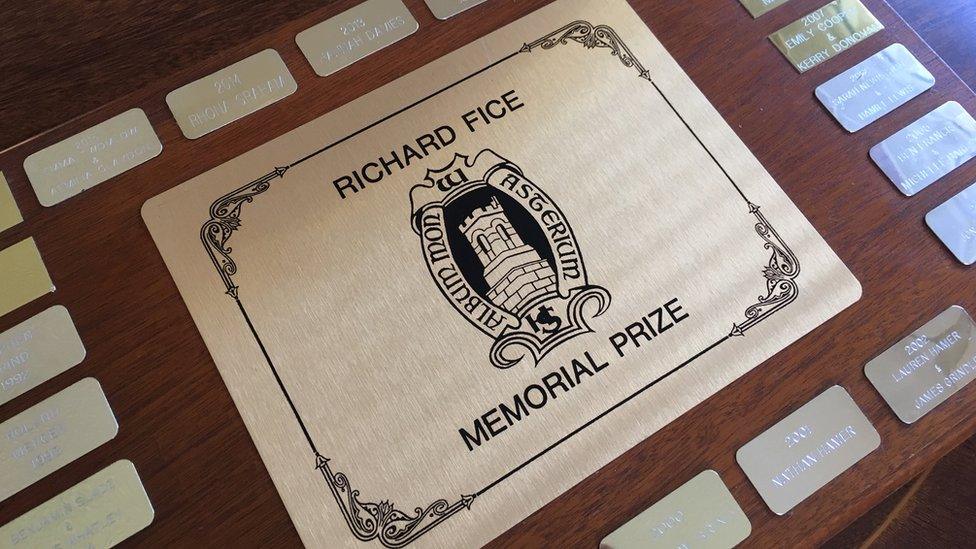
"I think he badgered them rather and eventually they said 'OK then there's a position for you down there'," says Stephen.
He'd been back in Deal for just a few weeks when the bomb went off.
Warrant Officer first class bandmaster Simon Tripp was a 17-year-old trainee who was out practising on the parade ground and heard it happen.
"We were marching away from the staff band end so we had our backs to the scene," he says.
"We were playing the march Aces High - we got all the way to the end of the march and right in time, on the last beat, there was this huge explosion.
"Everything went into slow motion. None of us really knew what had happened."
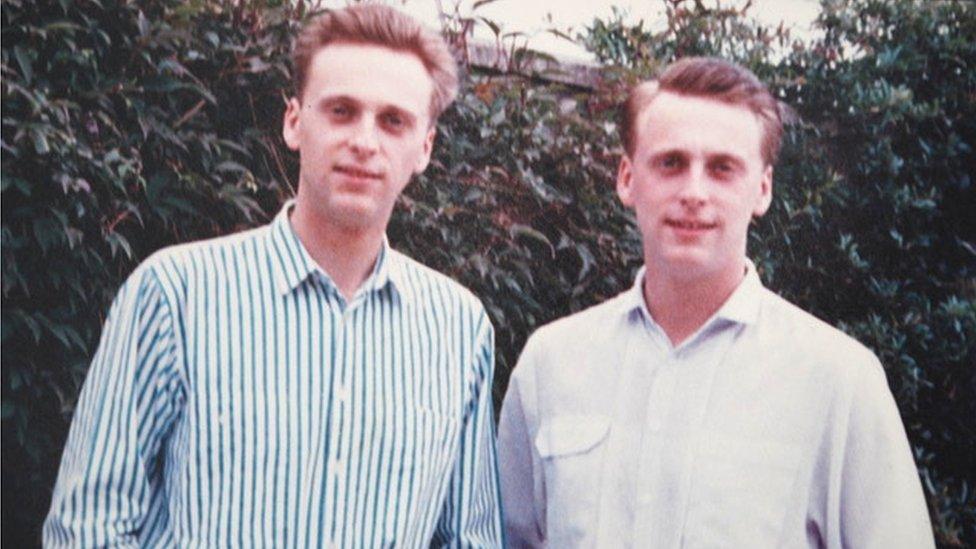
Stephen and Richard Fice aged about 20
The young bandsman was ordered to look for casualties while the emergency services were called.
Exactly a week after bombing, the whole barracks paraded through the town in a show of defiance.
"I don't know who made the decision but it was a lovely touch," says Warrant Officer Tripp.
"They formed the staff band up to lead the parade and they left holes in the band where those men who died would have been.
"It was quite a powerful image."
Warrant Officer Tripp said the bombing shocked the players and the town.
"There was this big sense of 'why us', this quiet town of Deal where we were going about our business learning to be professional musicians.
"We felt we weren't a proper target, we didn't consider ourselves a target at all.
"We're professional musicians - yes, we're soldiers and learn the basic infantry skills, but it didn't seem right, it felt underhand, a cowardly act."
Richard had learned to play the cornet through the county brass band system. He first became interested in joining the marines during a visit with the South Glamorgan Youth Brass Band.
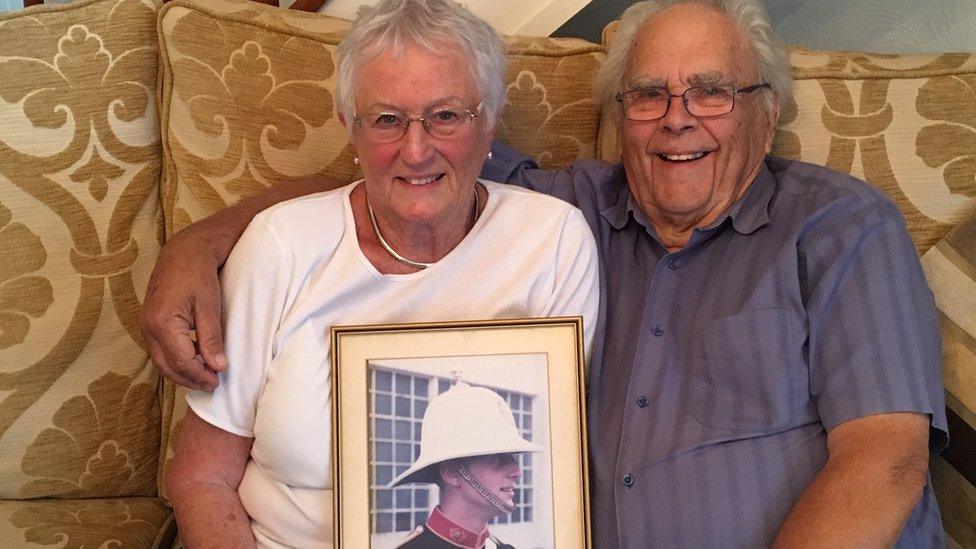
Richard's parents John and Marcia Fice
After the bombing, its conductor Dewi Jones organised a public subscription pay for an annual prize for young players in Cardiff and Vale.
Since it was launched in 1991, so far 27 players have benefited from the Richard Fice Award, a prize of £2,000.
Mr Jones, from Cardiff, said he was glad Richard is still remembered.
"It's lovely that Richard's name is still there," he said. "That the idea we had in the beginning has worked."
Each year Stephen and Richard's parents attend the auditions for the prize. Mum Marcia says it helps keeps Richard alive for her.
"I'm lucky that we have this award and I'm so pleased that other children and young people are benefiting from something so awful, so tragic.
"I think about him every day really and I often wonder what sort of life Richard would have had.
"When they were babies, I used to look at them and think - aren't they lucky to have one another - to have that closeness.
"After it happened Stephen said to me, 'you know, mum, I'll always know what Richard would have looked like when he gets older - I shall just look at myself in the mirror'."
- Published22 September 2015
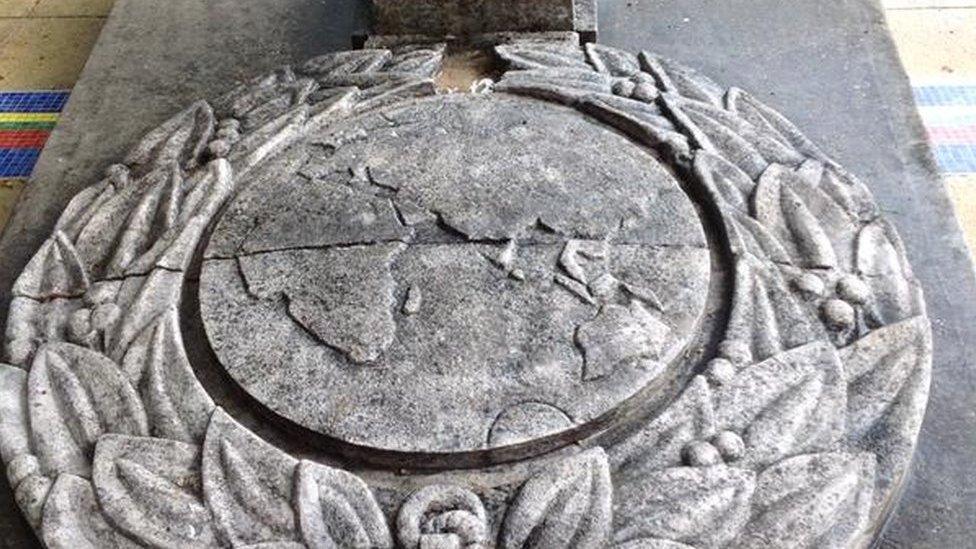
- Published5 November 2014
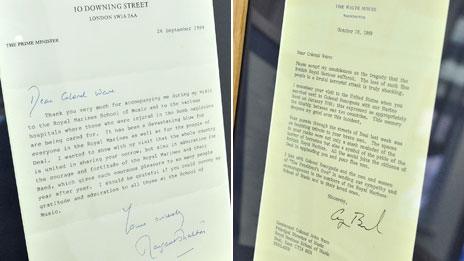
- Published22 September 2014
